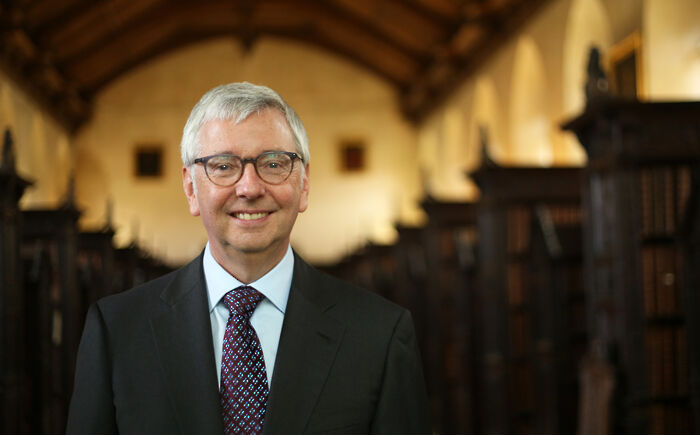Strikes loom over academics’ pension dispute
The University and College Union have launched a ballot in resposent to proposed changes to the university sector’s largest pension scheme

The UK’s largest higher education trade union will ballot academics next week over whether to take industrial action over pay disputes, it had been announced.
The University and College Union (UCU) launched the ballot in response to proposed changes to the university sector’s largest pension scheme, the Universities Superannuation Scheme (USS). It was announced last Friday that the fund may convert to an entirely ‘defined contribution’ fund, which the UCU believes is a less secure form of investment.
The action proposed by the UCU includes a series of strikes by lecturers, as well as refusals to reschedule classes or substitute for sick colleagues, to be held in February next year. The UCU has warned of potential “chaos” across 50 UK higher-education institutions, including University of Cambridge, if the pension dispute is not resolved. The trade union has called on the support of its 40,000 members in universities across Britain.
The university advocacy group Universities UK (UUK) revealed plans for the USS to eliminate its ‘defined benefit’ and become an entirely ‘defined contribution’ fund, affecting 190,000 members actively saving in the plan. ‘Defined contribution’ pensions are considered riskier, as retirement incomes depend on returns from money invested in the stock market and offer no guaranteed income. Analysis by financial planning firm Tilney Bestinvest found that the best ‘defined benefit’ schemes are five times more generous than ‘defined contribution’ schemes.
According to UCU general secretary Sally Hunt, the plans would leave academics “facing years of stress about whether their pension investments are returning enough income to live on”. She said that the plans are also likely affect younger university staff just beginning their careers most severely.
President of Cambridge UCU, Dr Michael Rutter, told Varsity, “The employers seem determined to close a pensions scheme which, by the best estimate, is financially sound, and to replace it with one which offers no security at all to the employees.”
The plans are in light of the increasingly precarious financial position of the USS, which currently has an estimated £12.6bn financial deficit and anticipates rising future costs. The £60bn fund estimates that an additional £480m to £560m is needed annually to maintain retirement benefits, meaning that employers and members would need to increase contributions by 7%.
The UCU suggests that most employers can afford to pay more to secure existing benefits, but many simply refuse to do so. However, according to UUK chief executive Alistair Jarvis, “most universities can’t afford to pay more in pensions without diverting money from other central areas, such as teaching or research”. The UUK called the threat of industrial action by UCU “premature and disappointing”, pointing to plans to hold a aseries of meetings discuss USS pension reform.
A Cambridge University spokesperson told Varsity that “proposals for benefit reform will be discussed between employers and members shortly through the Joint Negotiating Committee,” and that “a consultation with affected employees is scheduled for spring 2018”.
The ballot will be open between 27 November and 19 January.
 News / Judge Business School advisor resigns over Epstein and Andrew links18 February 2026
News / Judge Business School advisor resigns over Epstein and Andrew links18 February 2026 News / Gov grants £36m to Cambridge supercomputer17 February 2026
News / Gov grants £36m to Cambridge supercomputer17 February 2026 News / Hundreds of Cambridge academics demand vote on fate of vet course20 February 2026
News / Hundreds of Cambridge academics demand vote on fate of vet course20 February 2026 News / CUCA members attend Reform rally in London20 February 2026
News / CUCA members attend Reform rally in London20 February 2026 News / Union speakers condemn ‘hateful’ Katie Hopkins speech14 February 2026
News / Union speakers condemn ‘hateful’ Katie Hopkins speech14 February 2026











